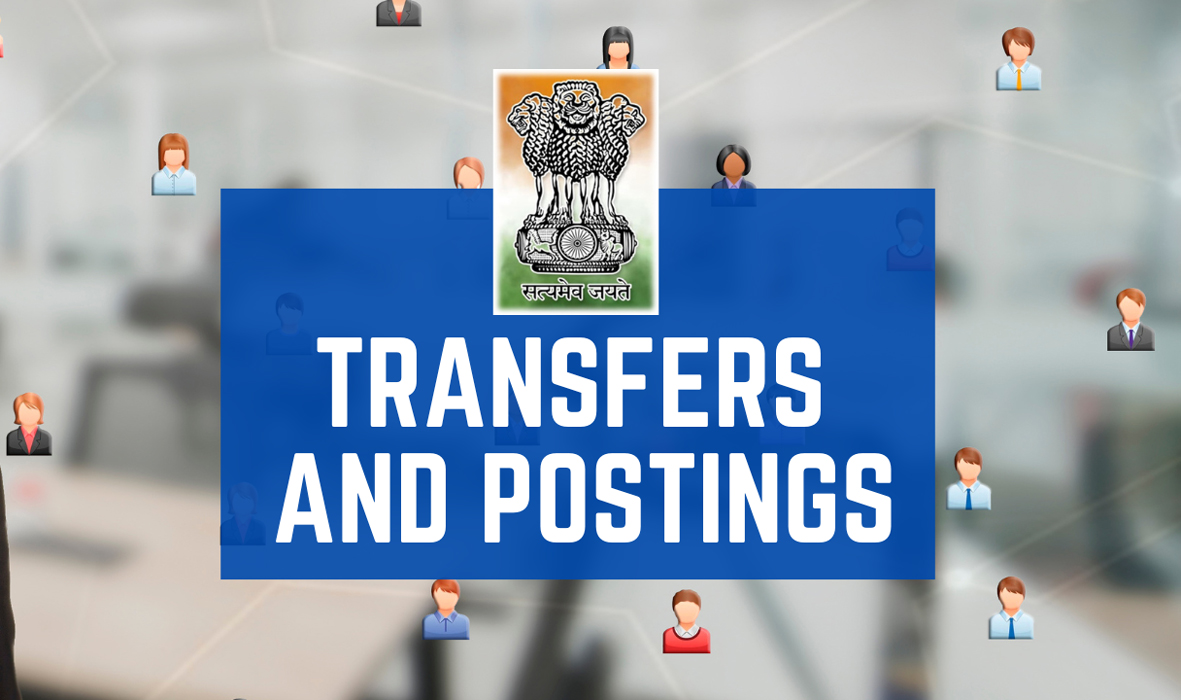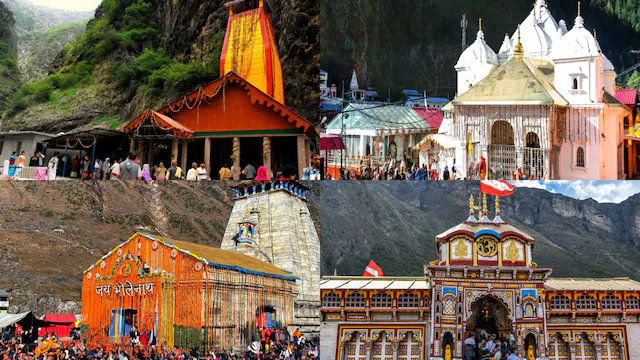MUMBAI: A delegation of Indian Olympic Association, Central and Gujarat state government met Commonwealth Sport officials in London to have a better understanding of the process and the framework relating to securing hosting rights of the 2030 Commonwealth Games in Ahmedabad.
The delegation included IOA chief PT Usha and officials from the Union Sports Ministry as well as the Gujarat state government. They met the Commonwealth Sport officials over two days in London.
While the proposals for the final bid are expected to be submitted by August 31, the selection of the host city for CWG 2030 will be made by Commonwealth Sport in November this year.
India has already formally submitted its bid to conduct the 2030 Commonwealth Games in Ahmedabad with an eye on hosting the Olympic Games in 2036 in the same city.
“Over two days of focused engagements in London, the Indian delegation participated in comprehensive discussions and presented the preparations undertaken till now with respect to the bid,” the Gujarat Sports Ministry said in a release.
“The Commonwealth Sport team mentioned that the team will provide full support and collaborate with the interested host cities towards preparations of the proposals,” Gujarat Sports Minister Harsh Sanghavi said in the release.
“We are designing a model for hosting the Games that focuses on long-term impact rather than short-term spectacle using existing venues wherever possible and ensuring that the Games leave behind a meaningful legacy for local communities.”
He said the focus of the meeting was to gain insights on overall planning expectations, governance standards and key milestones which are involved in the bidding process.
“The engagement reflects India’s intent to align with global best practices while continuing to engage constructively with all stakeholders as part of the ongoing process,” the release said.
During the meeting, views were exchanged on the “bid proposal, including the overarching vision and legacy ambitions, governance and institutional support, sustainability considerations, transport strategy, sports program, accessibility and planning around infrastructure, athlete services, and Games-time operations.”




















